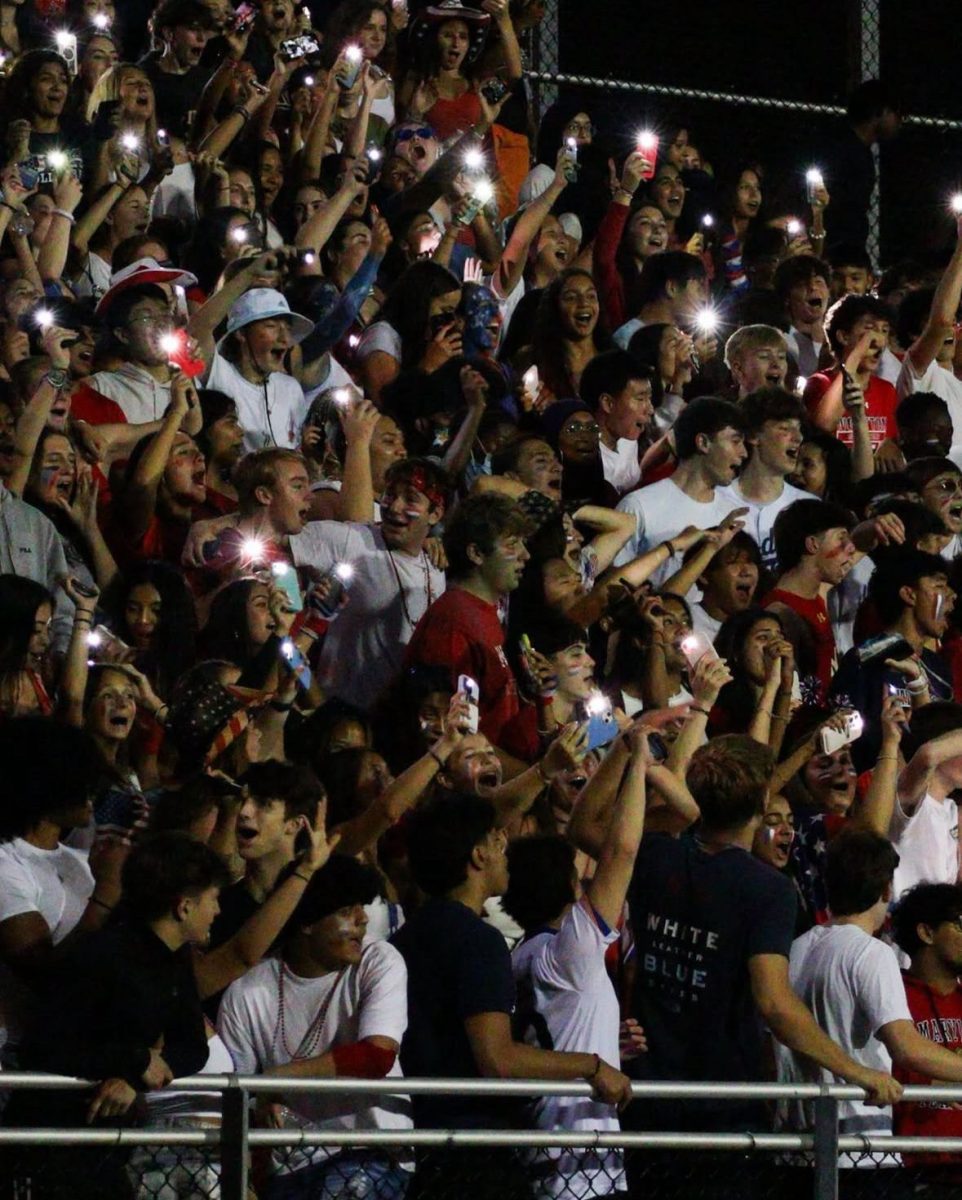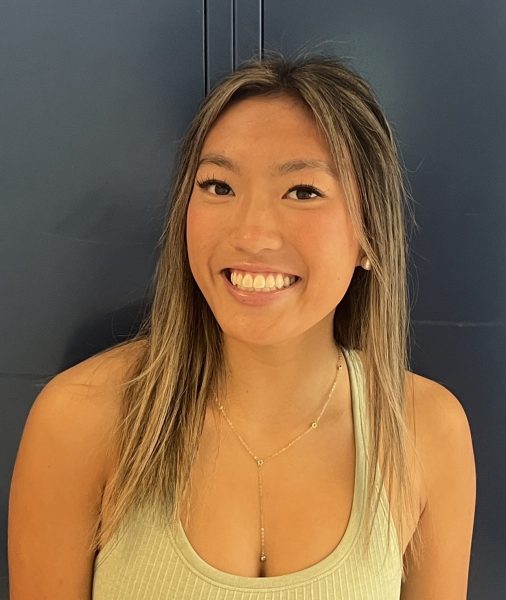Senior year, hallways are filled with talk about college essays, application deadlines, and acceptance letters. Teachers start during junior year to inform students about recommendation forms, college essays and how to apply. Counselors and teachers hold times where students can get help on how to write their essays and how to request recommendations. But one group of students is quietly left behind: the student-athletes.
For student-athletes, the college process is very different. When it comes time for college preparation, they aren’t supported by this school to get the specific help they need. Yes, the college application process for student-athletes requires fewer steps, as they are only usually applying to one school, but is it fair for them to have to go through the process alone? “The athletic recruiting process is way different than the traditional academic process, and most teachers and school counselors don’t know how it works. I had to figure out things by myself using help from my club coach and a recruiting coach,” senior and Georgetown University field hockey commit Nicole Subiela said.
The truth is, student-athletes aren’t like other students; they are making an early commitment for their future. Though student-athletes still need to apply to the college, submit transcripts, write essays and maintain certain grades like every other student, they also struggle with small details since they start this process months before the school starts lessons on how to do it.
College lessons in English classes taught at the end of junior year had felt like they were designed to generalize all students applying through the traditional academic process. Senior English teachers do host essay workshops and group sessions focused on Common App prompts and scholarship essays during advisory and lunch. Those sessions can be helpful, but they can also be irrelevant to student-athletes. The majority of athletes started the college process during the summer before these lessons began, and for me personally, I felt that I couldn’t benefit from anything done in the lessons because I was four steps ahead of them every time. Teachers and counselors need to understand that student-athletes need this help months before school starts because student-athletes are moving on a different timeline.
At this school, staff, such as teachers and counselors, aren’t educated on student-athlete college preparation, meaning they lack the personalized guidance the student-athletes need. This brings a feeling that teachers and counselors are disconnected from student athletes, since they aren’t familiar with how to guide the students for college sports and typically send them off to one of few staff members who do know how to help. As someone who went through this process, I felt that I couldn’t get help from all the teachers and counselors because I was finishing my essay and college applications while my English class started doing it.
Only specific staff members, like coaches or a staff member who had a child go through this same process, understand the requirements the student-athletes need. “When I know athletes are committing to a college for a sport, I always send them to one specific counselor because they have a great deal of knowledge, and I’m not sure other staff are familiar with the athletic route,” varsity girls’ soccer coach and social studies teacher Christopher Thompson said.
When students find they have to take on this process alone, it takes an emotional toll. They feel they aren’t being understood and feel lost on what to do. Hearing classmates talk about the college help they are getting from their counselors and teachers can leave student-athletes feeling even more frustrated, because they assume they can’t get the same support. “I had to figure a lot of stuff out on my own or through my own research because I felt that staff didn’t know how to help in athletic commitments. Other than some coach I know, I don’t believe any other regular teachers were educated on the specific process of athletic commitments,” senior and Dickinson College soccer commit Megan Lomotan said.
The school system’s lack of attention to student-athletes sends a clear message that athletic success is not a priority. All student-athletes yearn for the chance to communicate with their teachers and counselors without feeling like they aren’t understood or cared about. “I had to go to a specific counselor to talk about my athletic path because my regular counselor couldn’t help me as much. The other counselor was very helpful when I was putting my college list together,” senior and Smith College volleyball commit Sofia Sossa said.
It’s time to prioritize all students. Every counselor and teacher should receive training on how to guide student-athletes through their unique process. Schools should hold sessions specifically focused on athletic application, explaining scholarships they can receive as an athlete, suggesting how they can balance their athletic schedules with academics, what the application requirements are, and overall, how to begin this process on the right foot. The college/career coordinator should hold these sessions as they are the most familiar with the general college process.
Teachers should recognize that committing to play a sport in college is different and requires a different approach and attention. “I believe that all members of administration, teachers, and counselors should each be well-rounded in that topic to be familiar with different possible situations to help future students. This will ensure that teachers, counselors, and staff members not only continue to provide support but help each student through a path that’s already clear,” senior and Gulf Coast State College baseball commit Kai Schmelzer said.
Student-athletes deserve the same respect, recognition and support as every other student applying to college. In the end, both academically focused students and student-athletes share the same goals. All students deserve equal yet personalized attention through the challenge of applying for college, regardless of committing to a sport or going to a college solely for academics.


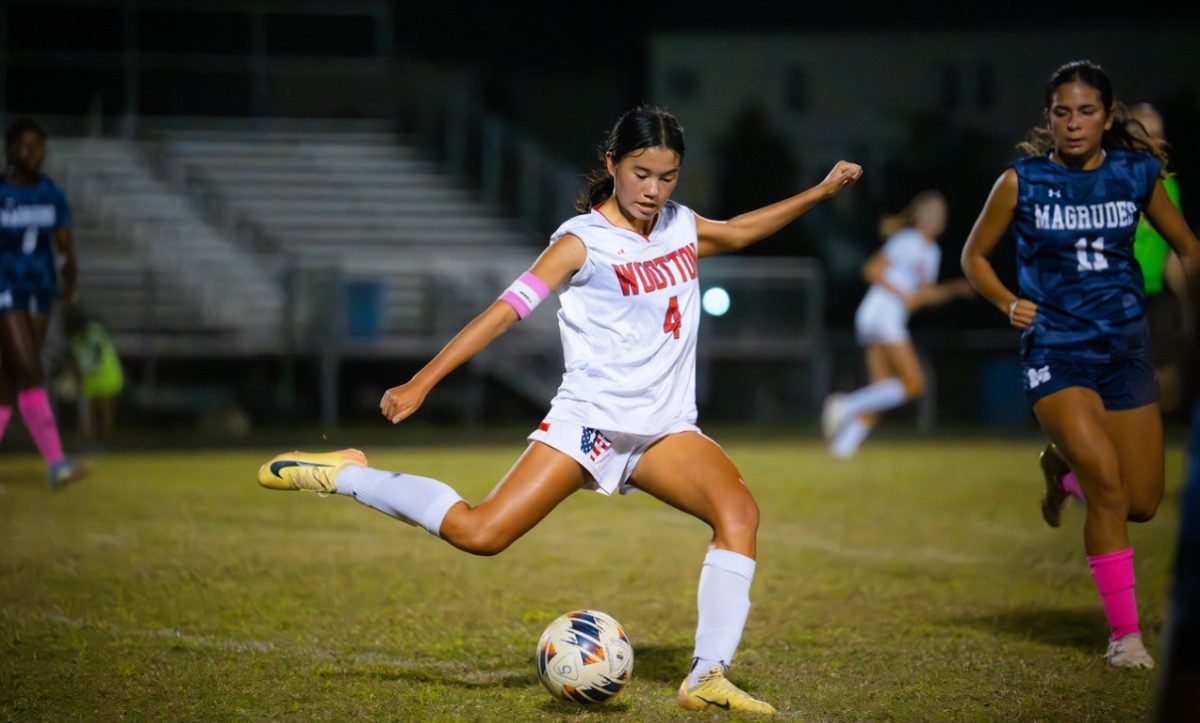
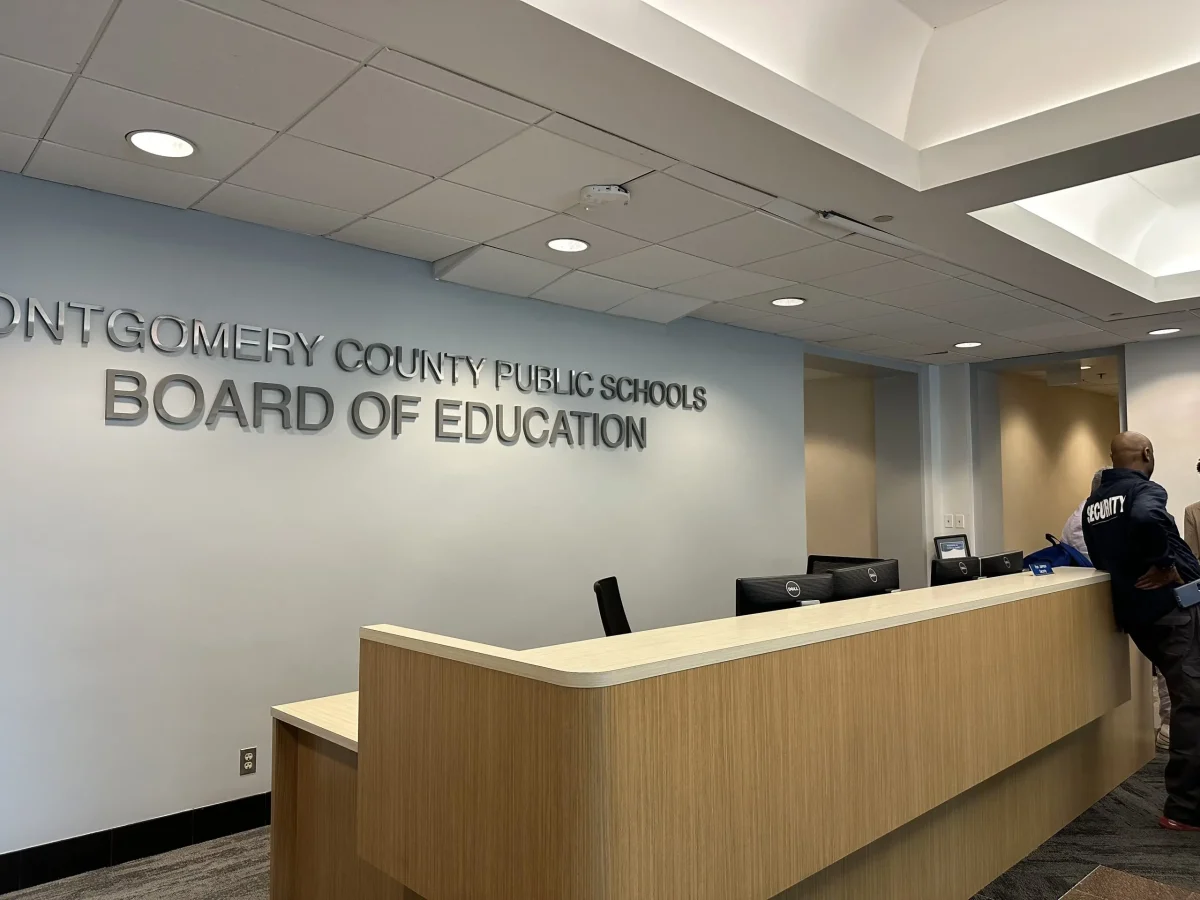
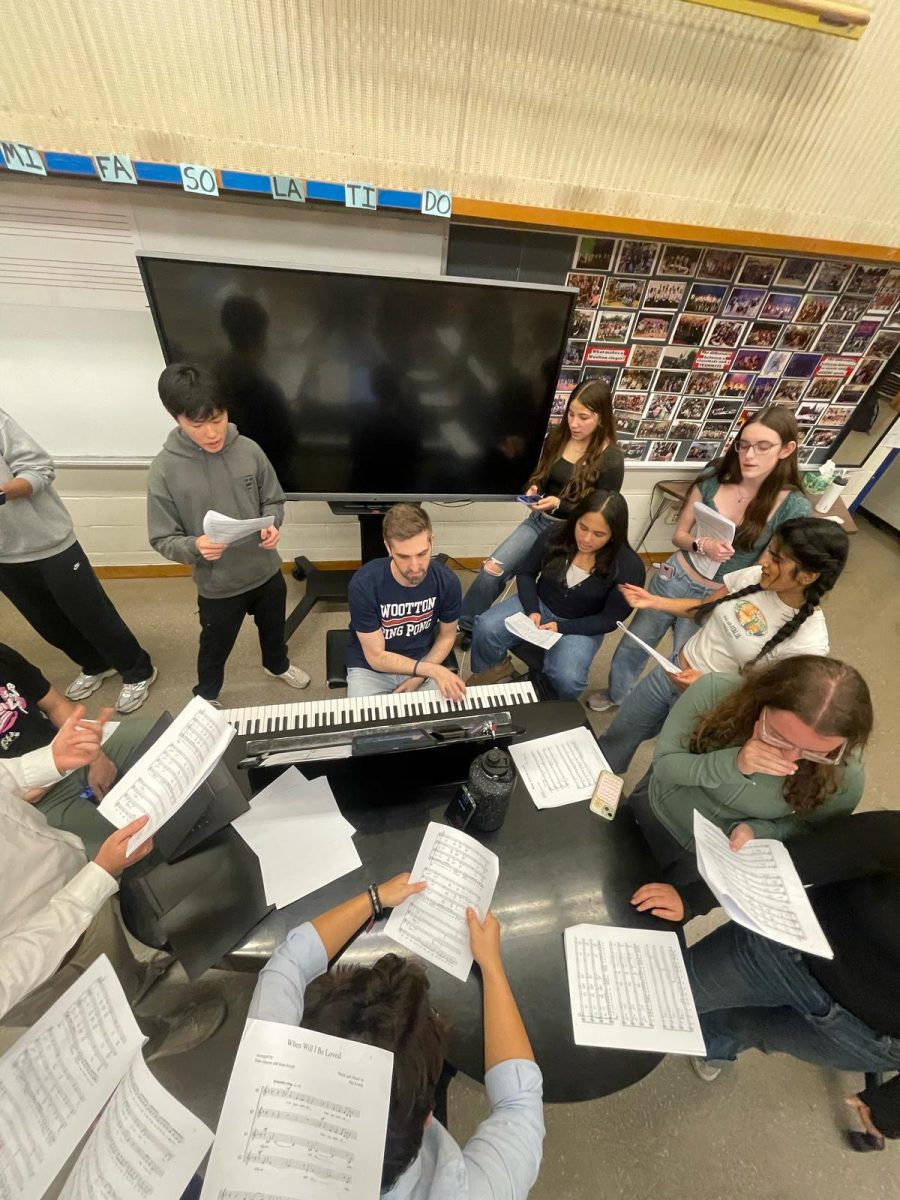
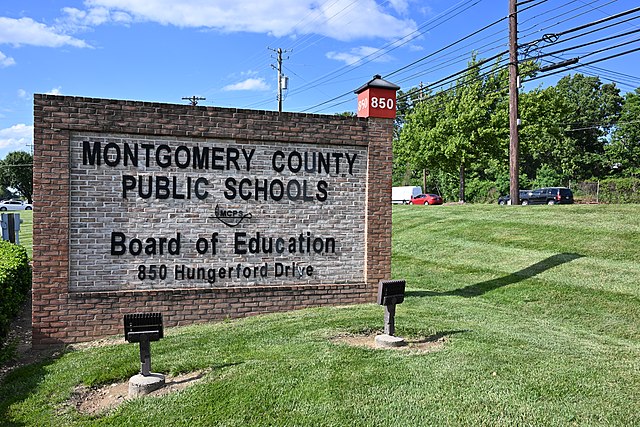
![The 2025-2026 Editorial Board Alex Grainger, Cameron Cowen, Helen Manolis, Emory Scofield, Ahmed Ibrahim, Rebekah Buchman, Marley Hoffman, Hayley Gottesman, Pragna Pothakamuri and Natalie Pak (Chase Dolan not pictured) respond to the new MCPS grading policy. “When something that used to be easy suddenly becomes harder, it can turn [students’] mindset negative, whereas making something easier usually has a better impact. I think that’s where a lot of the pushback comes from. But if you put emotions aside, I do think this change could help build stronger work ethic,” Ibrahim said.](https://woottoncommonsense.com/wp-content/uploads/2025/09/fqr5bskTXpn0LRQMmKErLuNKdQYBlL726cFXBaWF-1200x900.jpg)
